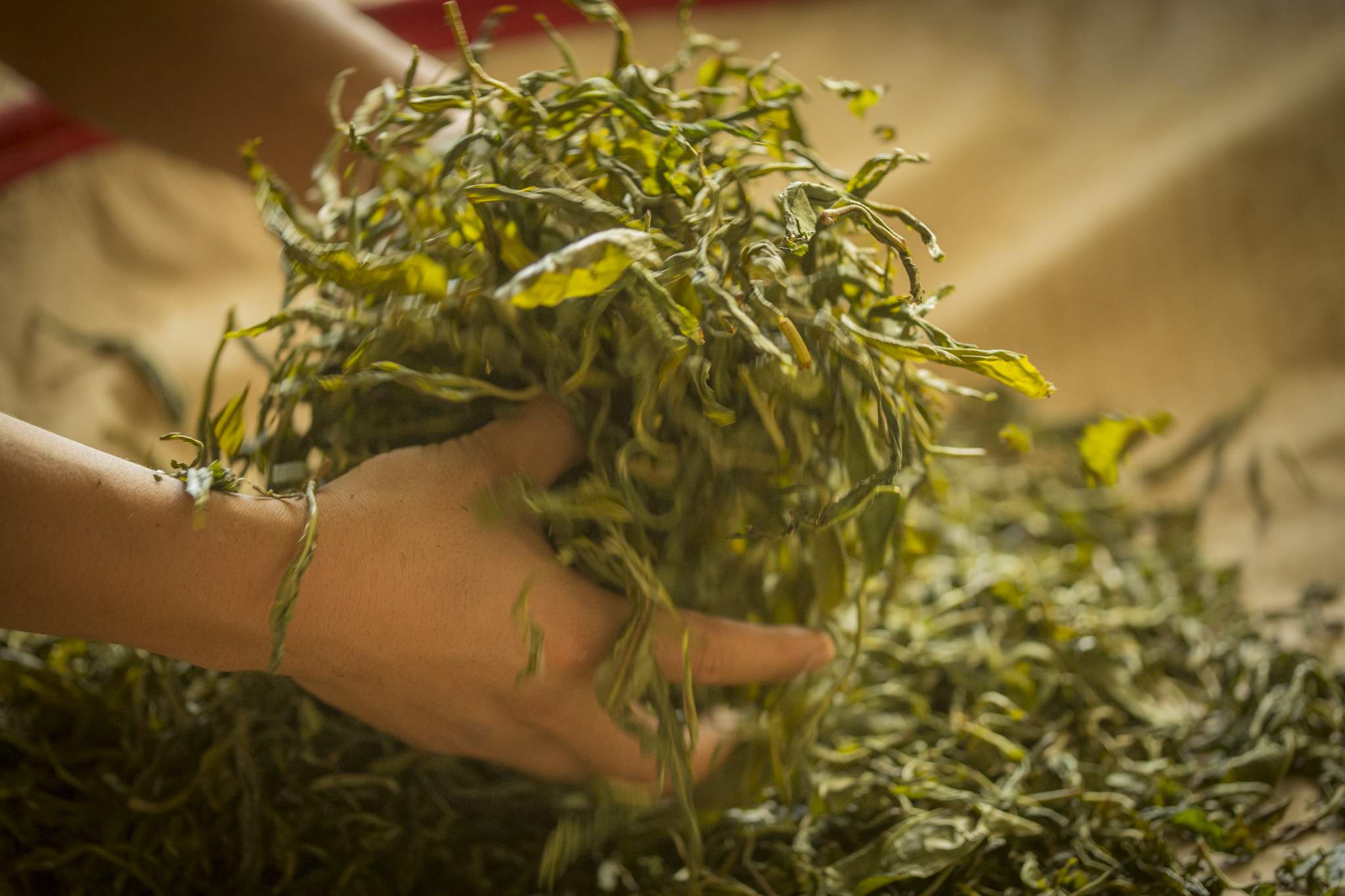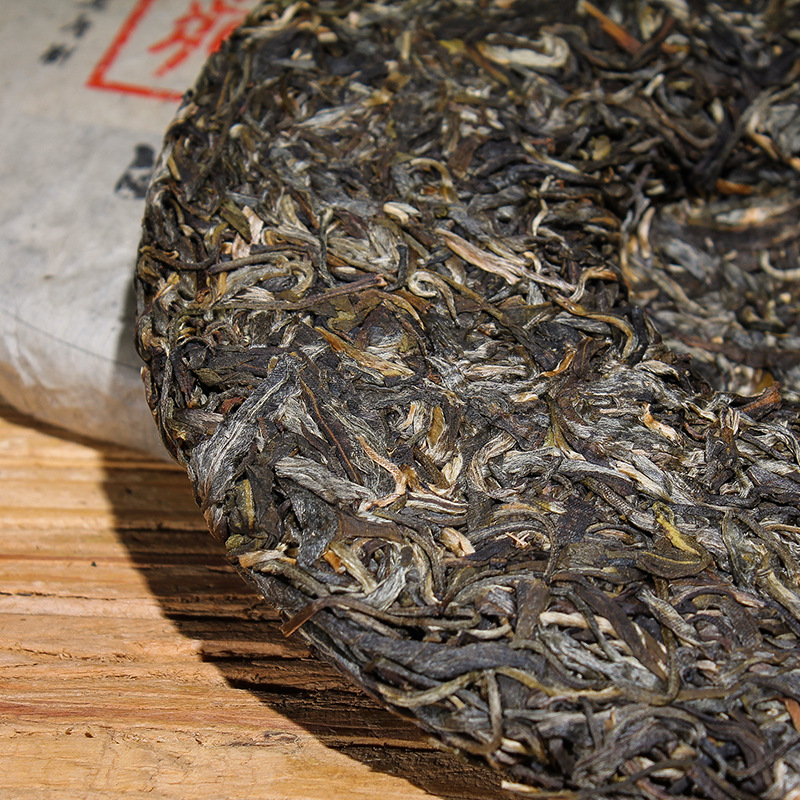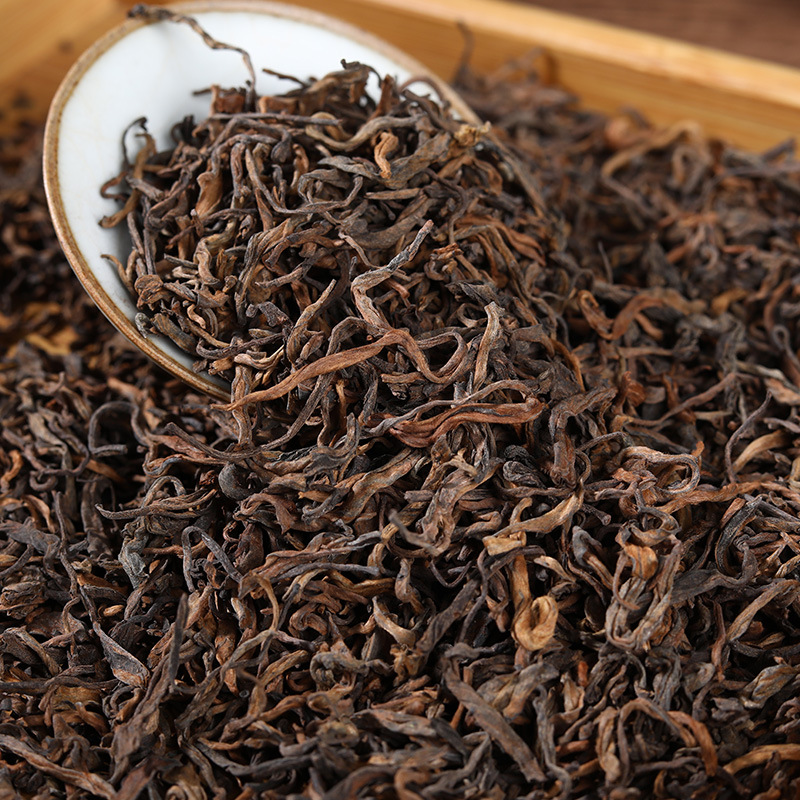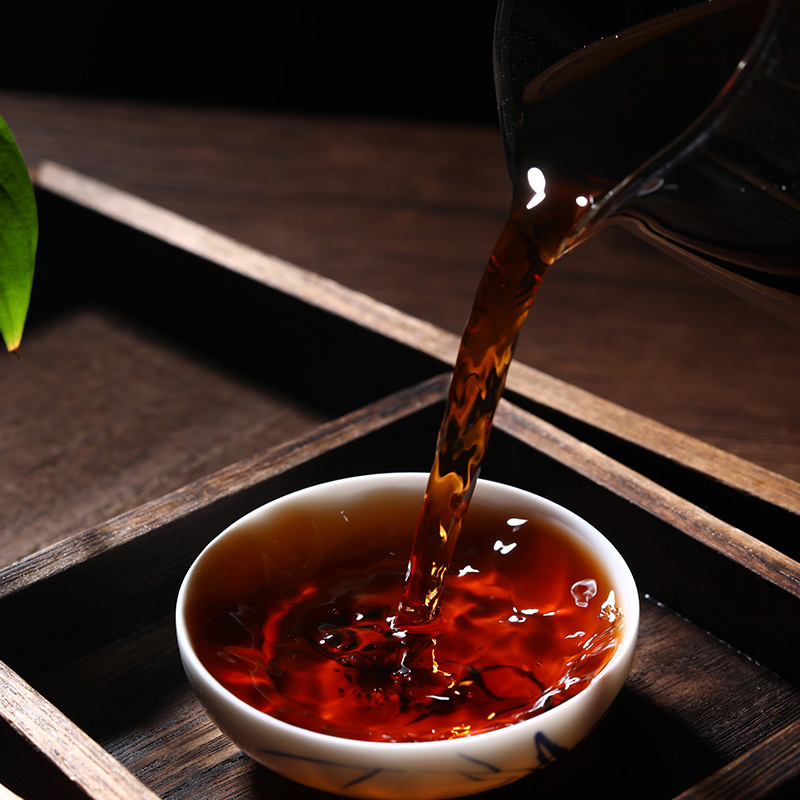Puer tea is a type of fermented tea that originates from the Yunnan province in China. It has been cherished by tea lovers for its unique taste, health benefits, and potential to aid in weight loss. However, some tea enthusiasts have raised concerns about the potential side effect of Puer tea causing drowsiness. In this article, we will explore the scientific evidence behind this claim and determine if Puer tea does indeed make you sleepy.
Understanding Puer Tea
Before we dive into the potential for Puer tea to cause sleepiness, let’s first understand what it is and what health benefits it offers. Puer tea is made by fermenting Camellia sinensis, the same plant that produces other types of tea like black tea and green tea. However, what sets Puer tea apart is the fermentation process.

Traditionally, Puer tea is left to age for several years, allowing the fermentation process to occur naturally. This process breaks down the tea leaves, creating a mellow and earthy flavor. More importantly, it creates unique compounds that provide various health benefits.
One of the most notable components of Puer tea is its high content of polyphenols, which are antioxidants that help prevent cell damage and reduce inflammation. Additionally, Puer tea contains compounds called theaflavins and catechins, which have been shown to reduce cholesterol, improve digestion, and potentially aid in weight loss.
Types of Puer Tea
Before we dig into the effects of Puer tea on sleep, it’s important to understand the different types of Puer tea. There are two main types: raw Puer tea and ripe Puer tea.
Raw Puer tea, also known as sheng Puer, is unfermented tea that is made from fresh tea leaves. It is aged for several years, during which time it undergoes a natural fermentation process. This type of Puer tea has a more bitter and astringent flavor than ripe Puer tea, and is believed to have more health benefits.

Ripe Puer tea, also known as shou Puer, is a fermented tea that is made from mature tea leaves that have been piled and allowed to heat up. This causes the tea leaves to ferment and develop a deep, earthy flavor. Ripe Puer tea is often aged for only a few years and is considered to be milder and more approachable than raw Puer tea.

Benefits of Puer Tea
Puer tea is known for its many health benefits. It contains antioxidants that can help reduce inflammation and improve overall health. It is also said to aid in digestion and reduce the risk of heart disease. Additionally, some people believe that Puer tea can help with weight loss by boosting metabolism and suppressing appetite.
After reading the two articles “What is Puerh tea good for?” and “What are the side effects of Puer tea?“, you will learn more about the benefits and side effects of Pu’er tea.
The Claim of Puer Tea Causing Sleepiness
While Puer tea offers numerous health benefits, some enthusiasts are concerned that it may cause sleepiness. The claim is mainly based on the belief that Puer tea contains high levels of caffeine and theanine.
Caffeine is a stimulant that leaves you feeling energized and alert. It works by blocking adenosine, a neurotransmitter that signals to your brain when it’s time to rest. Theanine, on the other hand, is an amino acid that has a calming effect on the body. It promotes relaxation and reduces anxiety by increasing the number of alpha waves in the brain.

It is thought that the high levels of caffeine and theanine in Puer tea may create a unique effect that makes you drowsy. However, the scientific evidence behind this claim is limited.
Effects of Puer Tea on Sleep
Now, let’s get back to the question at hand: does Puer tea make you sleepy? There are mixed opinions on this topic, and the science is not entirely clear.
Some people believe that the relaxing effects of Puer tea can help promote better sleep. The caffeine content in Puer tea is lower than that of coffee, so it is less likely to keep you awake at night. Additionally, Puer tea contains theanine, an amino acid that promotes relaxation and reduces stress.
However, not everyone agrees that Puer tea has a sedative effect. Some people find that the caffeine content in Puer tea still keeps them awake, especially if they drink it in the evenings. Additionally, Puer tea is known to be a diuretic, which means that it can increase the need to urinate, which can disrupt sleep.
It is also worth noting that the effects of Puer tea on sleep can vary depending on the individual. Some people may find that it makes them feel more relaxed and sleepy, while others may feel more alert and awake.
What the Science Says
In studies comparing the caffeine content of different types of tea, Puer tea was found to have similar levels of caffeine to black tea and significantly lower levels of caffeine than coffee. A standard eight-ounce cup of Puer tea contains about 30 to 60 milligrams of caffeine, whereas a typical cup of coffee contains 95 milligrams of caffeine.
Additionally, there is no scientific evidence to support the claim that Puer tea contains high levels of theanine. The content of theanine in Puer tea is comparable to that of other types of tea, including green tea and black tea.
While caffeine and theanine may affect sleep patterns when consumed at high levels, the amount of these compounds found in Puer tea is unlikely to cause sleepiness in most people. In fact, the benefits of the caffeine and theanine in Puer tea may work together to improve cognitive function and promote alertness while reducing anxiety and enhancing relaxation.
Conclusion
In conclusion, the claim that Puer tea causes sleepiness is not backed by scientific evidence. While Puer tea does contain caffeine and theanine, the levels are comparable to those found in other types of tea and are unlikely to induce sleepiness. Whether or not it makes you sleepy depends on a variety of factors, including the time of day it is consumed and individual tolerance to caffeine. Puer tea offers numerous health benefits, including high levels of antioxidants, cholesterol reduction, and potentially aiding weight loss. Therefore, tea enthusiasts can continue to enjoy Puer tea without worrying about it making them sleepy. However, if you are particularly sensitive to caffeine, it may be best to consume it earlier in the day to avoid disrupting your sleep.

